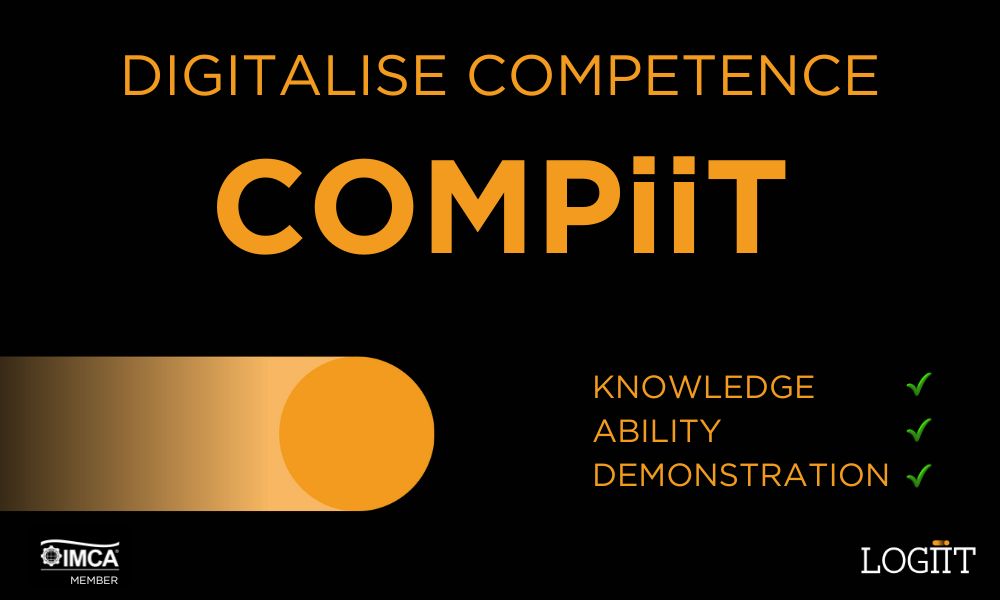The offshore industry is undergoing a digital transformation, driven by the power of big data. As operations become more complex and demand for efficiency increases, companies are leveraging data analytics to make informed decisions, enhance safety, and optimise performance. From oil and gas exploration to commercial diving and offshore wind farms, big data is reshaping how businesses operate in this challenging environment.
The Role of Big Data in Offshore Operations
Big data refers to the vast amounts of structured and unstructured data generated from various sources, including sensors, equipment, remote monitoring systems, and operational reports. In the offshore sector, this data provides valuable insights that help companies address key challenges such as asset maintenance, operational efficiency, environmental impact, and workforce management.
- Predictive Maintenance and Asset Reliability One of the most significant applications of big data in the offshore industry is predictive maintenance. Offshore structures, vessels, and equipment are exposed to harsh environmental conditions, making maintenance critical. By analysing real-time data from sensors and historical maintenance records, companies can predict equipment failures before they happen, reducing downtime and preventing costly repairs.For example, offshore drilling rigs and subsea equipment generate terabytes of data daily. Machine learning algorithms can analyse this data to detect patterns and predict failures, allowing maintenance teams to take proactive measures rather than reacting to breakdowns.
- Enhancing Safety and Risk ManagementSafety is paramount in offshore operations. Big data analytics help identify potential risks and improve safety protocols. By aggregating and analysing data from multiple sources such as worker logs, equipment sensors, weather forecasts, and incident reports companies can detect anomalies and prevent accidents.For instance, in commercial diving, real time monitoring of diver biometrics, depth, and underwater conditions ensures that operations remain within safe parameters. Similarly, AI-powered risk assessment tools can assess historical safety data to predict and mitigate potential hazards.
- Optimising Offshore Logistics and OperationsManaging offshore logistics involves coordinating vessel movements, personnel transfers, and supply chain activities. Big data solutions streamline these operations by providing real-time insights into weather conditions, fuel consumption, and fleet performance.Digital platforms integrate data from multiple sources, allowing offshore companies to optimise routes, reduce fuel costs, and improve supply chain efficiency. This data driven approach leads to more sustainable operations while minimising downtime due to unforeseen disruptions.
- Environmental Monitoring and SustainabilityAs environmental regulations become stricter, offshore companies must adopt sustainable practices. Big data plays a crucial role in monitoring and minimising environmental impact. By collecting and analysing oceanographic data, emissions data, and waste disposal records, companies can ensure compliance with environmental laws and reduce their carbon footprint.For example, offshore wind farms use big data analytics to monitor wind patterns, turbine performance, and marine ecosystem health. This data driven approach maximises energy output while mitigating the environmental impact of offshore installations.
- Workforce Management and Competence TrackingOffshore industries rely on skilled professionals, and managing workforce competence is a critical challenge. Digital logbooks, such as LOGiiT, leverage big data to track work history, and competence records.By analysing workforce data, companies can identify skill gaps, streamline training programs, and ensure compliance with industry standards like IMCA C 003 for competence assurance. This not only improves workforce efficiency but also enhances safety by ensuring that only qualified personnel perform high-risk tasks.
LOGiiT’s Big Data Solutions for the Offshore Industry
LOGiiT is at the forefront of integrating big data solutions to enhance offshore operations. By digitising logbooks and leveraging advanced analytics, LOGiiT enables companies to track operational data in real time, improving efficiency and compliance. Key solutions include:
- SCANiiT – AI-Powered OCR Technology: Converts handwritten logs into digital records, ensuring accurate and efficient data capture.
- PLANiiT – Offshore Project Management: A data driven platform for managing offshore projects, tracking work progress, and optimising logistics.
- Competence Logging Tool: Based on the IMCA C 003 Framework, allowing companies to assess workforce competency seamlessly.
- Real-Time Data Analytics: Provides insights into workforce performance, asset utilisation, and risk management, enhancing decision-making.
By integrating these tools, LOGiiT empowers offshore companies to harness big data for smarter, safer, and more sustainable operations.
The Future of Big Data in Offshore Industries
The adoption of big data in offshore operations will continue to accelerate, driven by advancements in artificial intelligence, IoT (Internet of Things), and blockchain technology. Future innovations may include autonomous offshore platforms, AI-driven decision-making, and blockchain powered credential verification for offshore workers.
As offshore companies embrace digital transformation, those leveraging big data effectively will gain a competitive edge enhancing operational efficiency, ensuring safety, and achieving sustainability goals.
Conclusion
Big data is no longer a futuristic concept; it is a game-changer in the offshore industry. By harnessing the power of real time analytics, predictive maintenance, and AI-driven insights, offshore companies can optimise performance, reduce costs, and improve safety. As the industry evolves, big data will remain at the core of decision making, shaping a more efficient and sustainable future for offshore operations.
See Beyond the Surface. Industry Data that Powers Decisions.







